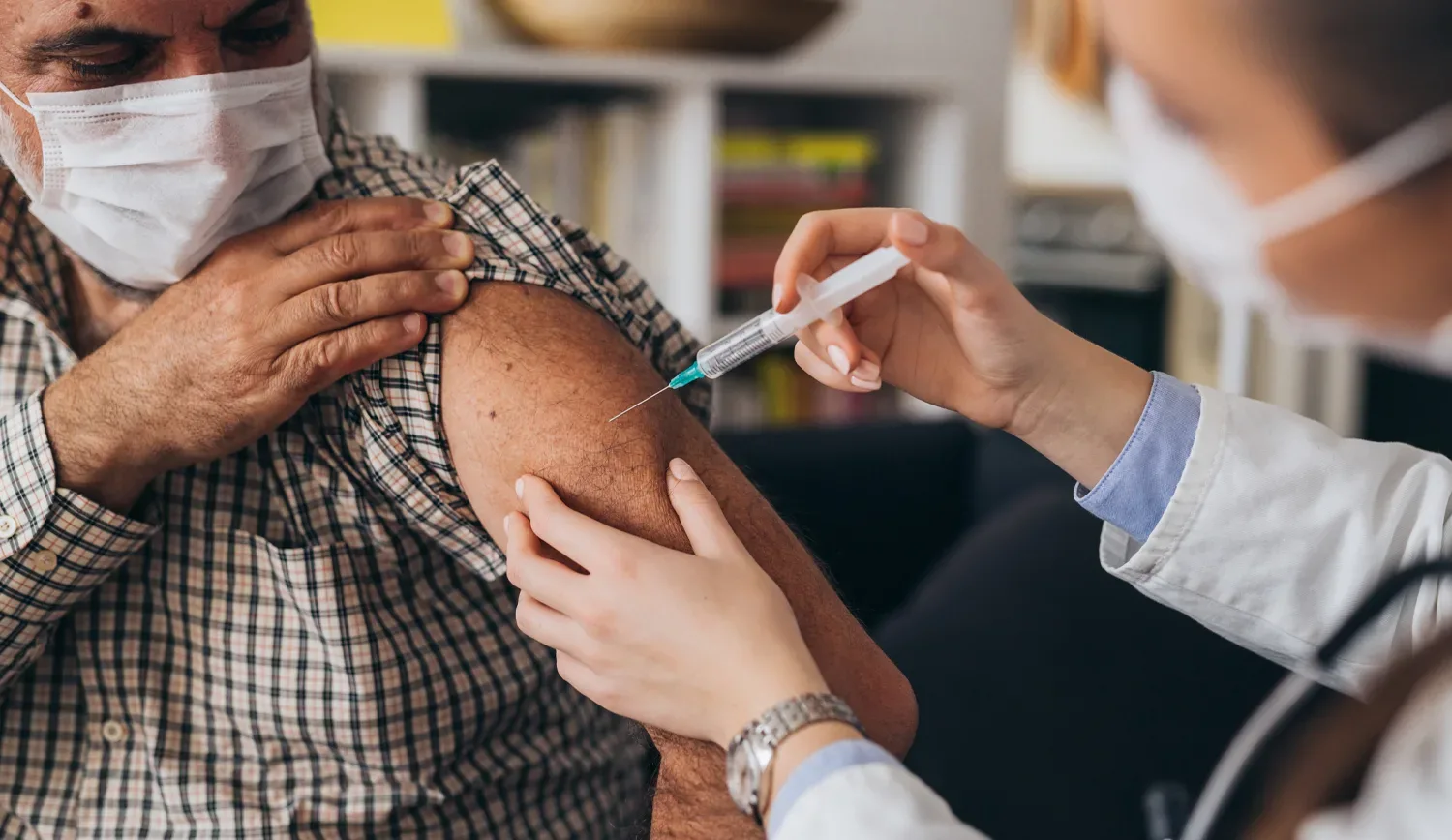Managing Severe Allergic Reactions to COVID-19 Vaccine

Anaphylactic reactions to the Pfizer-BioNTech COVID-10 vaccine have been reported outside of clinical trials, prompting the Centers for Disease Control and Prevention (CDC) to issue guidance on managing acute and potential life-threatening allergic reactions.
While the reported reactions are being investigated, CDC considers a history of severe allergic reactions such as anaphylaxis to any vaccine or injectable therapy as a precaution, but not contraindication, to the vaccine. Detailed information on CDC recommendations can be found in the Interim Clinical Considerations for Use of Pfizer BioNTech COVID-19 Vaccine.
The guidelines provide information on preparing for an initial assessment and management of anaphylaxis, but providers should consider their own practices and site-specific factors. In addition, staff should review medical treatments for managing severe allergic reactions, including making sure appropriate medications are on hand such as Epinephrine and H1 antihistamine.
Because anaphylaxis requires immediate treatment, recognizing clinical signs and symptoms is critical:
- Respiratory: sensation of throat closing, stridor (high-pitched sound while breathing), shortness
of breath, wheeze, cough - Gastrointestinal: nausea, vomiting, diarrhea, abdominal pain
- Cardiovascular: dizziness, fainting, tachycardia (abnormally fast heart rate), hypotension
(abnormally low blood pressure) - Skin/mucosal: generalized hives, itching, or swelling of lips, face, throat
CDC recommends that persons who receive the Pfizer vaccine be observed for the following time periods:
- 30 minutes: Persons with a history of anaphylaxis due to any cause
- 15 minutes: All other persons
Patients who experience anaphylaxis after the first dose of COVID-19 vaccination should be instructed not to receive additional doses and be referred to an allergist-immunologist. Any adverse events that occur in a recipient following COVID-19 vaccination, including anaphylaxis, should be reported to the
Vaccine Adverse Event Reporting System (VAERS).
Click here for a summary of the CDC’s interim considerations prepared by The State of Illinois, Department of Public Health.